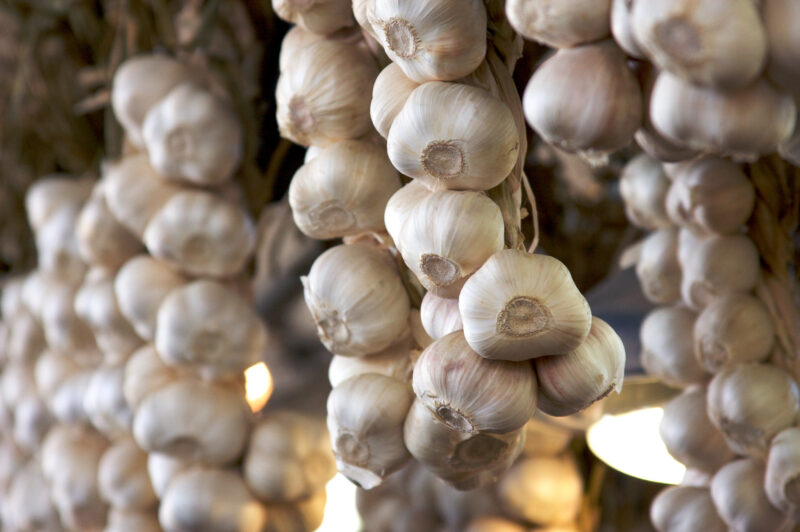ScienceDirect recently published a research paper by Paul Stamets and six scientists, from the University of Arizona and the Andrew Weil Center for Integrative Medicine, called “Integrative Considerations During The COVID-19 Pandemic.” Though written in scientific terms, there is enough plain english words to make it understandable for lay people. For example: the key word in the phrase “liquiritigenin from Glycyrrhiza glabra (licorice)”is, of course, ‘licorice.’ Stamets and his colleagues listed a number of ways to reduce COVID-19’s impact.
The Mycelium Connection
Stamets is one of the world’s leading experts on fungi, and thus it is not surprising to find references to mycelium in Integrative Considerations. “Mycelium mushroom extracts” are mentioned in the list of ingredients “likely safe” and “… may restore immune homeostasis. These are, therefore, likely safe to use both prior to, and during, COVID-19 infection. Whether these agents mitigate the symptoms or virulence of COVID-19 is unknown and therefore the benefit of these agents during COVID-19 infection is unknown.”
A paper by Kathleen F Benson et al, quoted in the footnotes, goes further. “The mycelium of the trametes versicolor (Turkey tail) mushroom and its fermented substrate each show potent and complementary immune activating properties in vitro.”
I suspect we may soon have clinical evidence that mycelium helps the immune system fight viruses like COVID 19. Until the test results are in, it is worth noting that the list also mentions garlic, peppermint, zinc, and vitamins A and C.

Adequate Sleep
One of the foremost protections mentioned is getting adequate sleep.
“Shorter sleep duration increases the risk of infectious illness. One study found that less than 5 h of sleep (monitored over 7 consecutive days) increased the risk of developing rhinovirus associated cold by 350% (odds ratio [OR] = 4.50, 95% confidence interval [CI], 1.08–18.69) when compared to individuals who slept at least 7 h per night.”
There are references to the hormone melatonin, which helps regulate the sleep–wake cycle.
” … the age-related decline in melatonin production is one proposed mechanism to explain why children do not appear to have severe symptoms as frequently as do older adults. Melatonin also reduces oxidative lung injury and inflammatory cell recruitment during viral infections. Typical dosing of melatonin varies widely from 0.3 mg to 20 mg (the latter used in the oncological setting).
Reducing Stress
Another key protection is reducing stress.
“Psychological stress disrupts immune regulation and is specifically associated with increased pro-inflammatory cytokines such as IL-6.”
Zinc
“Coronavirus appear to be susceptible to the viral inhibitory actions of zinc. Zinc may prevent coronavirus entry into cells and appears to reduce coronavirus virulence. Typical daily dosing of zinc is 15 mg–30 mg daily with lozenges potentially providing direct protective effects in the upper respiratory tract.”

Fruit And Vegetables
Integrative Considerations emphasizes the need to eat ” … at least 5–7 servings of vegetables and 2–3 servings of fruit daily.” Tomatoes, oranges, nuts, berries, chamomile, licorice, turmeric root, green tea, parsley and celery are all mentioned.
” … Clinical trials have found that vitamin C shortens the frequency, duration and severity of the common cold and the incidence of pneumonia. Typical daily dosing of vitamin C ranges from 500 mg to 3000 mg daily with even higher doses utilized during times of acute infection.”
” … There is preclinical evidence that elderberry inhibits replication and viral attachment of Human coronavirus NL63 (HCoV-NL63), which although different than COVID-19, is still a member of the same coronavirus family. Sambucus appears most effective in the prevention or early stage of corona virus infections.”
However readers are advised to stop using Elderberry if any symptoms of infection appear.


One thought on “Ways To Reduce COVID-19’s Impact”
Comments are closed.